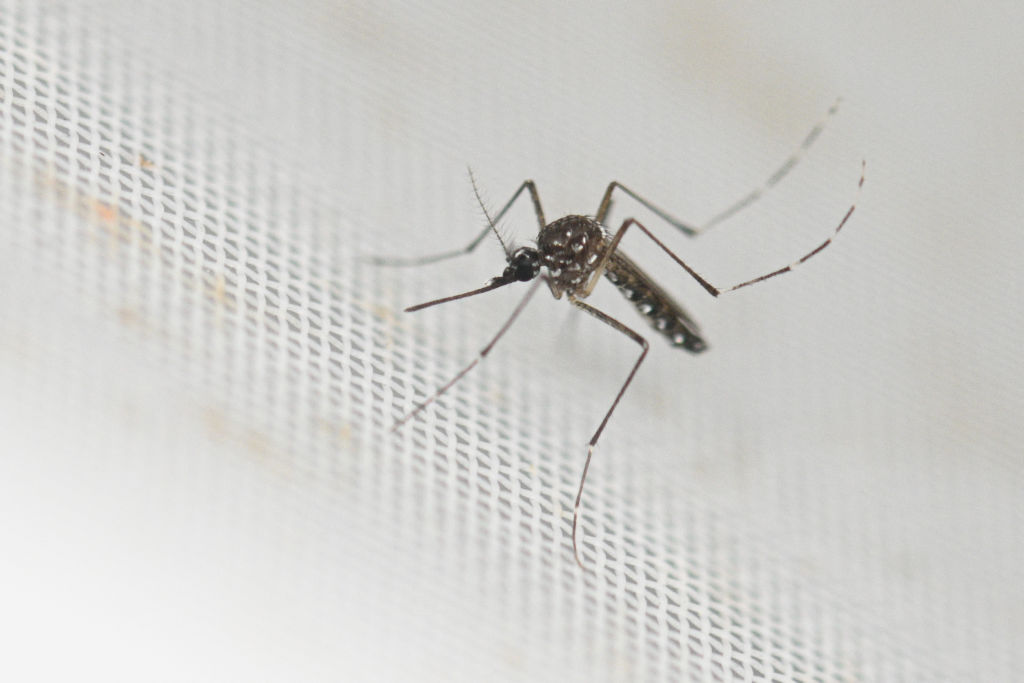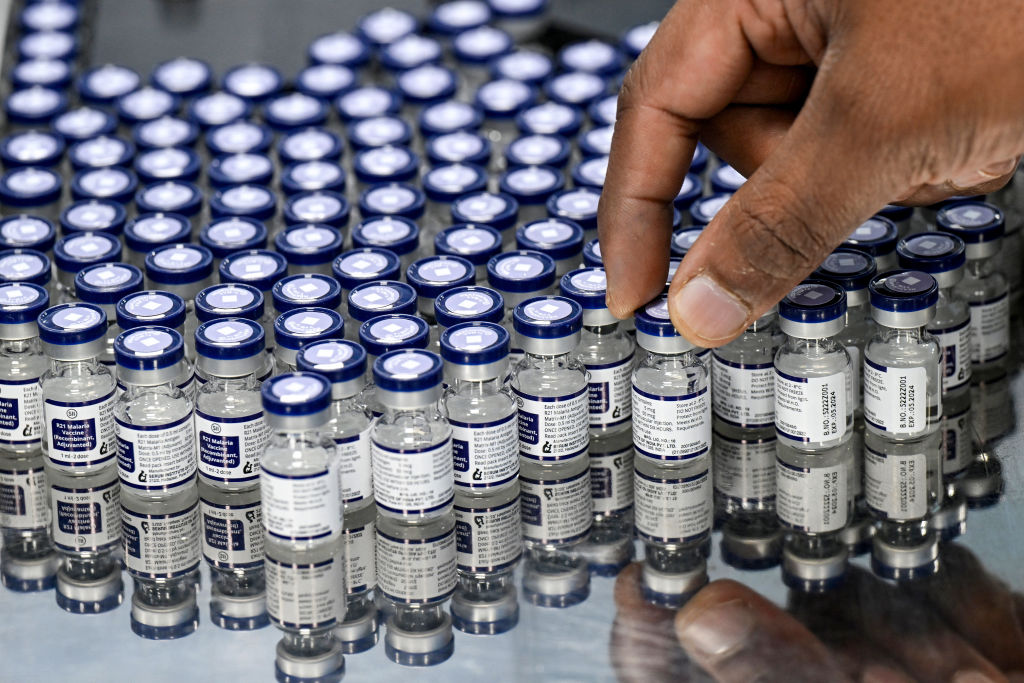- Wednesday, July 02, 2025
According to the World Malaria Report 2023, around 70 per cent of the global malaria burden is concentrated in 11 countries, out of which only one is outside Africa and it is India.

By: indiaweekly.biz Staff
WHILE India has pledged to eliminate malaria by 2030, healthcare experts feel malaria continues to be one of the leading causes of morbidity and mortality in the country.
Limited access to healthcare and lack of affordability continue to plague the rural health in the country and states such as Odisha, Jharkhand and Chhattisgarh see the disease affecting millions every year. For vulnerable groups such as pregnant women and children, the risk is even higher.
A person suffers from malaria when he/she gets bitten by an infected female Anopheles mosquito, which acts as the carrier of the disease. If the patient is left untreated, it could lead to severe illness and even death.
Read: Minorities, youth need more GP visits before cancer diagnosis: report
On this World Malaria Day, let’s look at the various challenges and areas of improvement working upon which can curb the spread of the disease.

Despite concerted efforts by the state, healthcare facilities encounter several hurdles in diagnosing and treating malaria in India. According to the World Malaria Report 2023, around 70 per cent of the global malaria burden is concentrated in 11 countries, out of which only one is outside Africa and it is India. The other 10 are Burkina Faso, Cameroon, the Democratic Republic of the Congo, Ghana, Mali, Mozambique, Niger, Nigeria, Uganda, and Tanzania.
Dr Uma Rani, director of Pathology at Asian Hospital in Faridabad in the northern state of Uttar Pradesh spoke about challenges such as reliance on microscopy for diagnosis, limited access to rapid diagnostic tests, and emerging resistance to drugs.
Read: Travel-acquired malaria: UK health agency advises precaution
“Treatment is further hampered by the emergence of medical resistance. In my experience, I’ve seen cases where there were major problems as a result of delayed diagnosis due to a lack of diagnostic equipment. Insufficient use of important medications like improper dose and improper duration can impede timely treatment,” India Today quoted her as saying in a report.
Lack of proper treatment on time is caused by two factors- affordability and delay in treatment. The underprivileged section of India’s population often delays treatment because of financial constraints and this makes the situation worse.
To free India from malaria, Dr Shaarang Sachdev, senior consultant & head of emergency at Aakash Healthcare, New Delhi, emphasised that the government needs to be proactively involved in the campaign.
He highlighted key programmes such as the National Vector Borne Disease Control Program focusing on diagnosis, treatment, and prevention.
Looking ahead, Dr Anju Wali, medical director at PSRI Hospital, New Delhi, said that India’s Malaria Vision 2030 is an ambitious goal which requires continued commitment and innovative approaches.
“While challenges such as drug resistance and dealing with different systems remain. Political will, community engagement and adequate funding are working to achieve this vision,” she told the publication.
The World Health Organisation has in recent times approved two vaccines, one of which — R21 — has the contribution of the India-based Serum Institute of India (SII), the world’ biggest vaccine manufacturer.
The SII will start rolling out the new malaria inoculation in Africa, which is a hotbed of the parasitic disease, from May, strengthening the global fight against it.
Malaria currently kills more than 600,000 people a year, out of which 95 percent live in Africa, according to the WHO.